“If I can sum up teaching citizenship”, says Sera Shortland, who has taught pupils about the UK’s political and legal system for the past 20 years, “It’s been a privilege, but a real battle to keep it on the curriculum.”
Inside the classroom, Sera has seen a “general increase in their political thirst” among pupils who take the subject. Beyond, she has seen pupils go on to successful careers in politics and law, and even stand for Parliament.
But over those 20 years, experts say the subject has been “decimated” in schools. Less than a third of settings still teaching it, and less than 1 per cent of teachers now feel prepared to develop children’s political literacy, polls show.
Teachers are also worried about handling politics in the classroom – with the rise of polarising and controversial issues, and young boys and girls increasingly moving to opposite extremes of the political spectrum.
Now, the government has announced the most “seismic” change to the UK’s voting system in the last fifty years – giving 16- and 17-year-olds the right to vote.
So, will lowering the voting age to 16 spark change, or leaves schools foundering? Schools Week investigates…
Why is the voting age being lowered?
According to think tank IPPR, young people’s faith in traditional democratic politics is lower than any other age group, with deep concerns over social challenges including climate change and racism.
An Opinium poll of 50,000 students under 18 years old before last year’s general election found 70 per cent did not know the name of their MP. And 59 per cent didn’t know which party said MP belonged to.
Government said lowering the voting age to 16 – and allowing 14 year-olds to register to vote – was “just the start of successfully engaging young people in our democracy”.
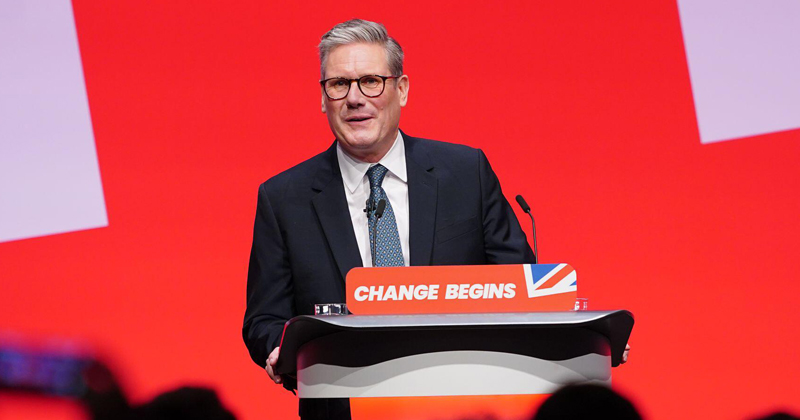
The move will “allow strong links to be made between theory and action, supporting effective and relevant democratic education in schools”, government added.
But a March Teacher Tapp survey found 84 per cent of state school teachers did not believe the national curriculum did enough to prepare students for voting in elections.
Meanwhile a report by the All-Party Parliamentary Group on political literacy found that although 60 per cent of teachers felt responsible for developing young people’s political literacy, only 1 per cent felt fully prepared to do so.
Subject ‘essentially decimated’
Citizenship, which covers democracy, law, financial literacy, critical thinking and global issues, has been a statutory part of the key stage 3 curriculum in English secondary schools since 2002.
But academies, which educate more than half of England’s pupils, do not have to follow the national curriculum.
A study by the Association for Citizenship Teaching (ACT), Nottingham Trent and Royal Holloway Universities found students who took GCSE citizenship were significantly more likely to express interest in politics, trust democratic institutions.
They were also more confident in their ability to vote and take civic action.
In the last national curriculum review, initiated by former Conservative education secretary Michael Gove in 2012, citizenship’s programme of study was revised. Or, as ACT chief executive Liz Moorse puts it, the subject’s content was “essentially decimated”.
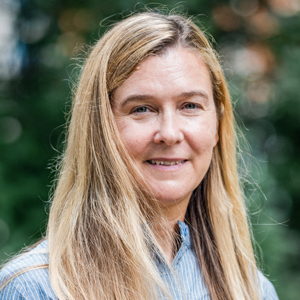
“What was left was a very thin national curriculum document, which left teachers quite confused about what this subject is actually trying to achieve,” she explained.
“Then a lot of attention was given to a lot of other things, with citizenship being left off the list often.”
Other reforms of the coalition impacted citizenship, most notably the introduction of the EBacc at GCSE, she added.
The number of entries to citizenship GCSE has fallen to around 21,000 – with just five subjects receiving fewer entries, according to data published by JCQ.
It is also way below the 94,000 entries to the subject in 2010, however those entries were for the ‘short course’ GCSE.
‘A postcode lottery’
A 2021 study by political literacy advocate group Shout Out UK found less than a third of England’s schools formally taught citizenship as standalone lessons.
Instead, many schools integrated its teaching with personal, social, health and economics (PSHE) or relationships, sex and health education (RSHE) to save time and resources. Some provided non-curricular activities instead, like a debating club.
Matteo Bergamini, from Shout Out UK, said provision was currently a “postcode lottery”.
“If there’s a teacher that really wants to champion this, then they will do it. But once that teacher leaves, their expertise will leave with them.”

This rings true for Bryden Joy, who started his career as a science teacher, but decided to take the lead in citizenship teaching at his school in 2008.
“I think a lot of the time it’s just people feeling their way and trying to figure out what to do, not necessarily having actively trained in it,” Joy says.
The number of citizenship teachers across the UK has dramatically declined in the past decade – from 9,958 in 2011-12, to 4,156 in 2021-22 – according to Department for Education data.
There are also only two universities offering a PGCE qualification for citizenship teachers, UCL and Kingston University.
But Moorse added teachers “have to play a part in setting their vision, ambition and priorities – and need to be reminded of their duties and responsibilities to the young people they’re serving. I don’t think that’s been happening in a lot of places.”
‘A danger point’
However Dan Morrow, CEO of Cornwall Education Learning Trust, said teachers often see politics in schools as a “danger point”.
Teachers are expected to avoid promoting personal political views and present balanced views when issues are covered.
“I think in the culture wars and social media era, it has become quite a toxic debate and one that does leave individual staff in schools open to being othered and in a negative spotlight, when they’re just trying to do good work,” Morrow says. “That’s why I think we need to be in a statutory space.”

Data shows the divide between youngsters’ views on these issues is also widening.
A study by Kings College London found that young men today are more sceptical of feminism and less supportive of gender equality policies compared to their female peers – and their older male counterparts.
In the 2024 election, double the number of 18–24-year-old men than women voted Reform, and almost double the number of young women in the same age group voted Green than young men.
More ‘controversial issues’
Teachers have noticed this shift in the classroom – with more discussions around ‘controversial issues’ like the Israel-Gaza conflict, the ‘small boats’ issue, and feminism.
“It’s really hard, because you don’t want to end up giving too much oxygen to serving controversies or issues,” Joy adds, “sometimes its better to have a one-to-one conversation with that person later – rather than trying to fight fire with fire.”
But Mackenzie Dawson-Hunt, head of citizenship at St Mark’s school in Mitcham, said this is where the subject can help.
“It is often poorly understood…the content of the [citizenship] GCSE equips teenagers with vital tools to combat misinformation, engage in political debate and participate in making change”, he adds.
‘Simply unwieldy’
But for those teachers who do choose to take it on, they are often lacking in other crucial tools – time and resources.
Joy, who now leads on citizenship for an academy trust in the southeast, said whether a school choosing to teach citizenship is “often driven by existing accountability. If there’s no external measurement, I can absolutely understand why a school leader would want to give that extra lesson a week to English and maths.”
Pepe Di’lasio, general secretary of school leader’s union ASCL adds the “big challenge” facing schools is fitting in provision “when there are already so many competing demands.”

Sarah Hannafin, head of policy at school leaders’ union NAHT adds the current curriculum is “simply unwieldy, with teachers expected to cover far too much material in this time available”.
Ofsted evaluates citizenship through its current personal developmental judgment.
This focuses on how well schools prepare pupils for life in modern Britain, covering topics like democracy, British values, debating and responsibilities.
An Ofsted spokesperson told Schools Week inspectors evaluated this through assemblies, discussions, literature and extra-curricular opportunities.
But Joy adds his inspections often included “coded language taking about how you prepare them for life outside of school” and said it was a “great rarity” to be asked “what citizenship content do you do?”.
‘New opportunities’
And there is a new push for change.
The Electoral Commission recently told The Guardian that democratic education should be taught from as young as 11 years old. The body, which oversees elections, is currently preparing materials for schools in light of plans for votes at 16.
“Right now is a very interesting moment,” Moorse adds. “The combination of the curriculum and assessment review and the policy to lower the voting age should provide new opportunities for reasserting the role of citizenship in the curriculum for every child.”
Labour MP Josh MacAlister, who was recently appointed as a junior education minister, told Schools Week earlier this year the commitment to lowering the voting age must also come with a “resurgence of civics in schools”.
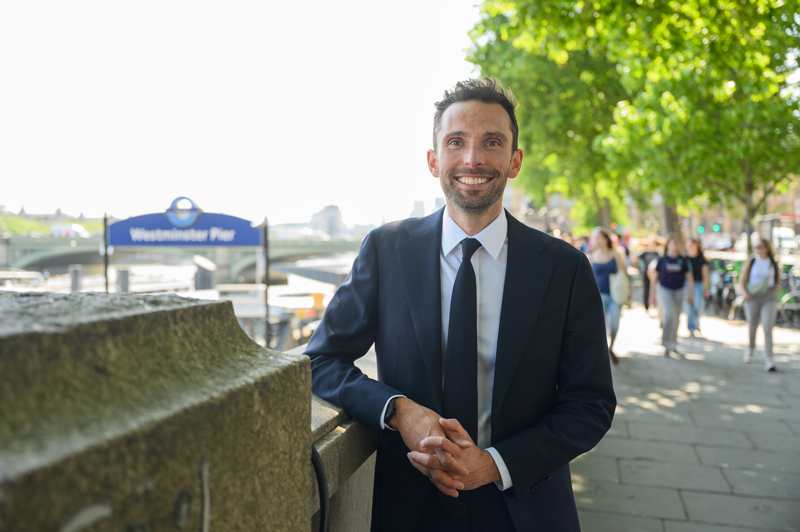
“I really think we have to find a way of boosting civics education. Putting that together could mean we end up with the most informed, most engaged voter demographic being 16 and 17-year-olds, and completely overturning some of the preconceptions people have got about young people’s attitude to politics.”
Education a ‘vital part’ of votes at 16
The ACT has also called for citizenship to be made statutory at primary school, as well as better training opportunities for teachers and greater inspection of the subject by Ofsted.
Bergamini, Shout Out UK, argues the government should provide a bursary to incentivise teachers to train in the subject.
The DfE told Schools Week it saw potential in lowering the voting age to help boost young people’s engagement with the subject, and that “deepening young people’s knowledge and understanding about democracy is a vital part of implementing votes at 16”.
The government’s curriculum and assessment review, set to be released in the autumn, will consider the state of citizenship teaching today, the DfE added.
But Shortland adds without further action, the government will essentially be saying “‘I’m going to give you some votes at 16, but I don’t give you the knowledge and the information and the power that you need to actually do something with your vote’”.


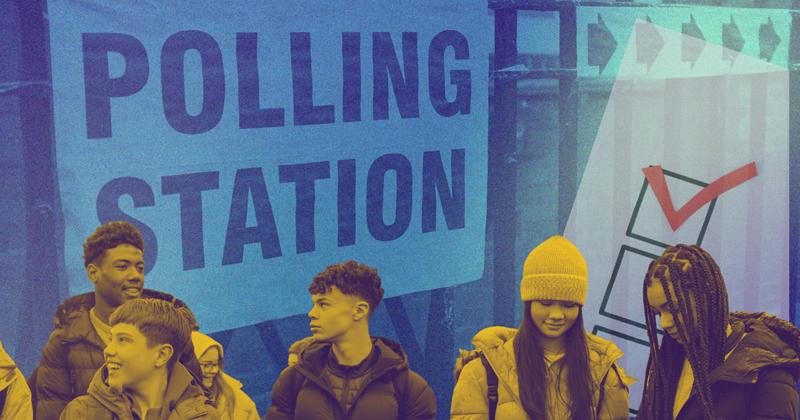




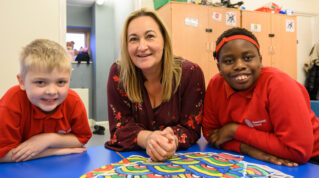
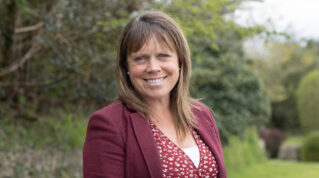
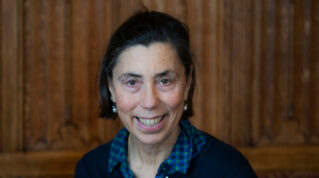
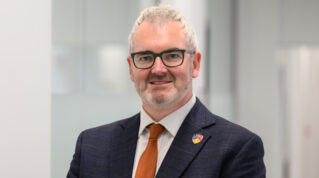



Your thoughts